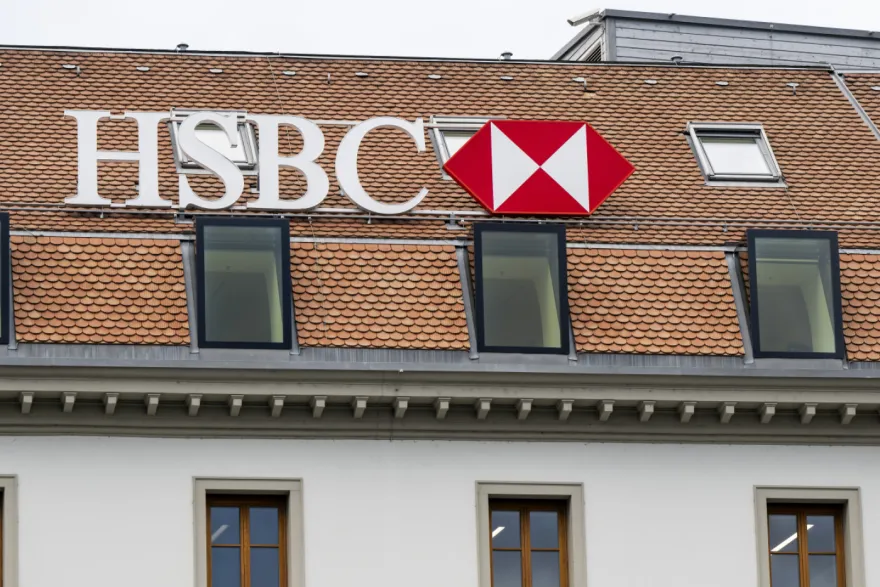Swiss and French authorities have opened a new investigation into HSBC Holdings Plc’s (NYSE:HSBC) Swiss private bank, reigniting concerns over legacy compliance risks that had long been buried. The probe centers on two historical client relationships, according to the bank’s latest disclosure. While the details remain limited, HSBC warned investors that the potential impact on the firm could be materialthough the timing and outcome are still anyone’s guess. Funds from Lebanon
At the time, Finma referred to two business relationships with politically exposed persons from Lebanon. In these cases, the bank had not sufficiently verified the origin and purpose of the assets. According to the financial watchdog, these involved funds totalling CHF300 million from a Lebanese public institution.
The assets originated from the Lebanese Central Bank. Its former director, Riad Salameh, is accused of embezzling more than $300 million, with the support of his brother Raja Salameh.
This isn’t the first time HSBC’s Swiss arm has drawn regulatory heat. Just last year, Switzerland’s financial regulator, Finma, found that the bank failed to perform adequate checks on politically exposed personsclients considered higher risk under anti-money laundering (AML) frameworks. Over $300 million in questionable transactions, processed between 2002 and 2015, were flagged. As a result, HSBC was ordered to tighten its AML controls and temporarily halt onboarding any new politically exposed clients.
Now, with a fresh spotlight on its pastand scrutiny from two countriesHSBC’s private banking business could be looking at a longer road to reputational repair. While this doesn’t change the fundamentals overnight, it reopens old questions about governance and risk oversight. Investors watching from the sidelines may want to stay alert: depending on how the investigation unfolds, this story could evolve into a much bigger headline.



















